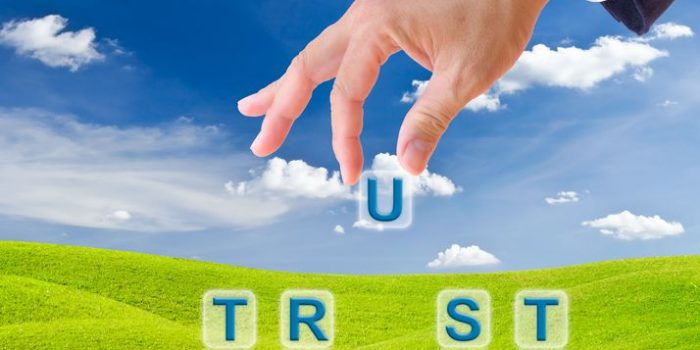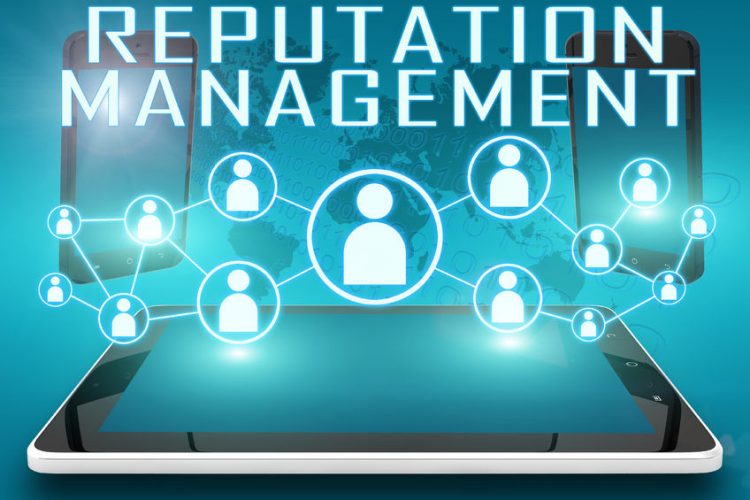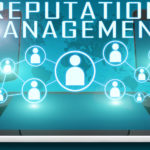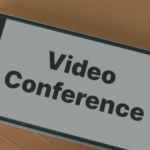Social media is now becoming an unforeseen danger zone for HR Managers. Career coaches are constantly exhorting candidates to take care of their cyber foot print, especially at entry-level. All recruiters and head hunters usually check out applicants online before meeting them.
Line managers have been warned to pay attention when liking and sharing inappropriate content on LinkedIn. Many are unaware it all goes out to an individual’s whole network and can potentially damage their personal brand. Direct reports say that it looks creepy! They too have to be mindful of their social media activity.
Social media posting is now part of the daily routine for those working in the function, but it can have a downside. Any ill-considered content could be not just be damaging to their personal reputations, their company’s EVP, and the profession generally. Increasingly important, their activities can also be used in legal action.
Social media activity reflects our belief systems
There is a new discussion around posting and tweeting on issues which are important to us personally. They reflect our views, values, our belief systems. But to counter that, they are they also an indication of deeply embedded biases and attitudes. The question is whether they are going to follow us into the workplace and impact our decision-making. Or are they a form of authentic expression separate from our professional lives? Adding a disclaimer may be enough for any organisation, but what about a legal process?
Clearly I could never get a job in a pro-Brexit organisation or any European Fascist Party. Needless to say I don’t lose sleep over that. Or I might, if there is a populist takeover and all dissenters are rounded up. That has happened before.
Shifting culture
We are seeing increasing cultural and political shifts, with strong feelings and rhetoric on all sides. Is it possible to separate what we see posted in the public domain, from the person’s ability to do an unbiased, neutral and professional job? The lines are actually very blurred.
Here are two stories that have been shared with me only this week. The names have been changed for obvious reasons.
Embedded bias
Aliyha is a research chemist with an international company based near Birmingham, U.K. She has received what she experiences as unconstructive and even obstructive communication from her HR Manager, Alison, regarding her career progression. Aliyha is seeing her peers’ careers developing at a different (i.e. more advantageous) pace. Last week she discovered quite accidentally that Alison has been very energetically re-tweeting Katie Hopkins over a long period.
I checked out the account and the profile is the usual benign HR blurb: “HR Management, CIPD, mother and wife etc.” She also endorses Katie Hopkins and her opinions somewhat enthusiastically – at least once a day. Depending on your point of view, Hopkins will be a “controversial columnist” or a provocative hate generating commentator. She has caused outrage and legal action associated with her comments on immigration, overweight people and even children’s names, as well as personal vindictive attacks resulting in libel suits and a Twitter ban. Aliyha asked
“I have no reason to believe that my performance is lower than that of my colleagues. My annual appraisals have always been excellent. I have never had any problems at all until Alison became my HR Manager. Is it because I am the daughter of immigrants, a bit on the chubby side and have an Arabic name – could this be what is coming into play now?”
The answer is we will never know for sure, but there is no doubt that if Aliyha’s complaint becomes a case, her lawyer confirmed he intends to reference Alison’s online and social media activity and support of a racist, as an indicator or her inherent bias and prejudice.
Backlash
At the other end of the scale Michael is a Trump voter. An HR Director in a security company in San Diego, he believed his social media activity was minimal. However, he has openly supported Trump on his Facebook page and posted pro-Trump comments on LinkedIn. Since the November election he has been surprised to encounter negative undercurrents from colleagues, who now question his commitment to building a diverse and inclusive workforce for the company.
He has been called a racist and misogynist. His peers and team have told him that even if these are not his personal views, it is clear that he tacitly approves the stance of President Trump. Michael feels that he has unfairly lost the trust of colleagues and employees and he is the victim of bias and prejudice.
What makes social media a danger zone for HR
I asked Annabel Kaye, Managing Director Irenicon a UK-based employment law specialist if there is a case. She agrees social media is a danger zone for HR.
HR Managers should be and always are careful of their online posts. It is entirely possible that Twitter support of Katie Hopkins for example could indicate unconscious racial bias if not active racial prejudice. Whilst it is not definitive proof either way, certainly in the UK it would allow the ‘inference’ to be drawn that any decisions made by the HR person who made those tweets might be influenced by bias and thus put their employer at increased risk of losing a discrimination case.
For this reason most HR people who tweet use things like “my opinions only – nothing to do with my employer” on their bio as disclaimers.
But as discrimination cases are often about what people think (consciously or unconsciously) this would still be evidence as to their state of mind. Of course in the UK individuals who make discriminatory decisions are potentially liable as well as the organisation. So all in all, not a good plan to publicly support racists, sexists, or other discriminatory tweeters or characters if you don’t want this coming to an employment tribunal near you.
Of course, this is not definitive proof of discrimination or bias, but it is another item that is going to be used in tribunal.
Separate personal and professional
There are lots of questions around this and what it means for our roles in HR .
- Our social media activity relates to personal branding and reputation management. What if it goes wrong. Our reputations are damaged.
- But what about the reputation of the organisation? What happens if what we tweet is out of alignment with the values of our organization even with a disclaimer or even unprofessional? If internal and external stakeholders complain (customers, candidates, suppliers)
- Should HR or even all professionals go back to the old school way of keeping our views on sex, religion and politics separate to our professional personas?
- What is the position if any of our content is used in a legal context?
As people become more unrestrained in their social media activity, there is a strong possibility we will see an increase in more stringent corporate policies around employee activity in the public domain.
If your organisation needs support in strengthening your talent pipeline






Pingback: Social media a danger zone for HR professionals – HRN Blog
I think we are in a divisive time in history and the less you say whether in HR or another role – about those formerly taboo topics, politics particularly – the better. Personally, I backed off even reading Facebook because of all the hateful things people say and I see this happening on LinkedIn too.
I pop into Facebook with benign content – or my marketing content – but stay away, which I find sad because I have met many wonderful people there. I long for the day when we stop attacking and find common ground.